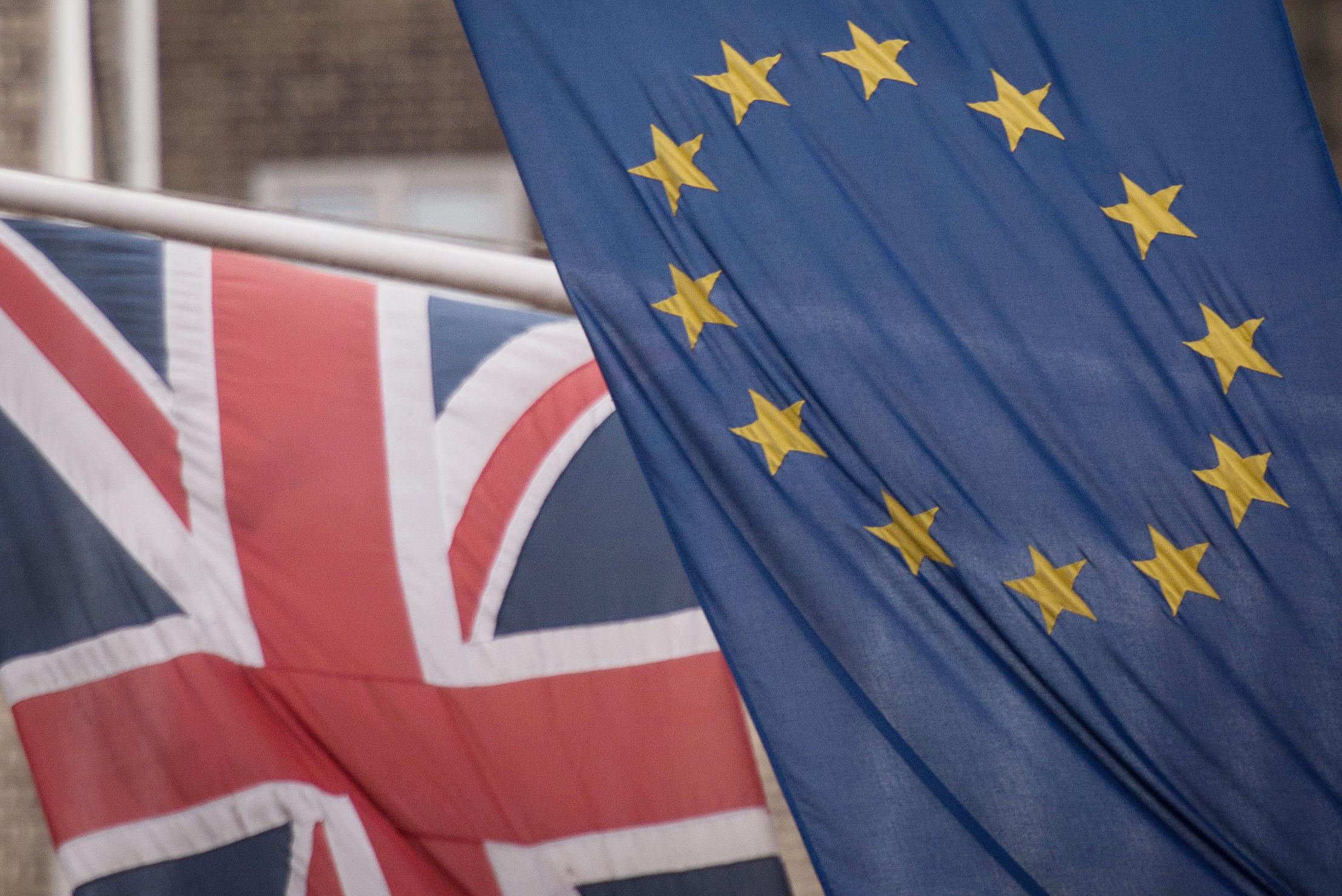Brexit poses a bigger threat to the legitimacy of Britain’s political institutions than attempts to reverse it
Leaving the EU will make it harder for British governments to bring about change because it will weaken the country’s economy, divide its electorate and leave it little scope to shape the European, let alone global, economy in its interests

The economic and political costs of leaving the EU are becoming more apparent by the day.
Far from having its cake and eating it, Britain faces wrenching economic adjustment and an unprecedented loss of political influence. Despite this, there remains a broad consensus that we must accept Brexit for the sake of political legitimacy.
Even a second referendum is ruled out on the grounds that the result would be close, and as such would not put the issue to bed while inflaming Brexiters’ sense of injustice. Those who argue we have no choice but to push ahead are being Panglossian about what post-Brexit British politics will look like. Brexit will neither neuter populism nor prevent a further decline in political legitimacy. Indeed, Brexit poses a bigger threat to the legitimacy of Britain’s political institutions than if we stayed in the EU.

First, Brexit will make it even harder to build the necessary political coalition in in favour of the large-scale redistribution and investment in infrastructure, skills and education needed to turn around the left-behind regions of the country. Poor Brexit voters will not be able to rely on support from wealthier Brexit supporters for such action; the latter tend to be in favour of shrinking the state, not expanding it. Indeed, the Brexit camp is united by only one thing – the EU as a scapegoat for things they do not like. No, if Britain is to get serious about addressing the economic concerns of Brexit voters, it will be because Remain voters throw their weight behind such a programme.
But it will not be easy to persuade Remainers that they should pay a lot more tax to address the deep-seated economic and social problems of Brexit-voting areas when their own living standards have taken a hit and their freedoms have been eroded. Many will no doubt condemn this as yet another example of the metropolitan complacency that got us into this mess in the first place. Leaving aside the awkward fact that it is not the largely Labour- and Liberal Democrat-voting metropolitans who are to blame for Britain’s fractured economic geography, it is deluded to think that Britain will simply come together. Mutual fear and loathing is likely to grow, not subside.
Second, voters have short memories. Few people will acknowledge they made a mistake by voting to quit the EU. Many Brexit voters are likely to turn against Britain’s established parties when they realise that Brexit comes with dramatically higher costs than they were led to believe. If a trade deal with the US accelerates the dismantling of the NHS or when Britain finds itself having to dance to the EU’s tune just to secure a minimal trade deal, they will blame politicians for misleading them. And their disillusionment with politics is likely to grow.
Third, whichever party or coalition of parties is in power in Britain will spend the next 10 years firefighting. British politicians are gradually waking up to the scale of what the country is undertaking, but voters remain in the dark. There will be neither the money nor the political capacity to address popular concerns. With Brexit dominating the political agenda to the exclusion of all else, government will seem remote and out of touch.
Far from heading off the challenge from populist forces, Brexit Britain will be fertile ground for them. Far from empowering British politicians, Brexit will make it harder for British governments to bring about change because it will weaken the country’s economy, divide its electorate and leave it little scope to shape the European, let alone global, economy in its interests. It may gain some formal control over policymaking. But formal sovereignty is not substantive sovereignty – certainly in the case of a middling power such as the UK.
Britain faces only unpalatable political choices. But Brexit, especially the hard Brexit that Britain is on course for, will do much more damage to the country’s political stability and the legitimacy of its political institutions than reversing Brexit and having to deal with the resentment of those who voted for it. Britain will be left poorer, more divided and with an even bigger political legitimacy problem. By making it harder to address legitimate economic grievances of many of those who voted to leave the EU, Brexit threatens to open the way for a further intensification of populism.
Simon Tilford is chief economist at the Institute for Global Change
Join our commenting forum
Join thought-provoking conversations, follow other Independent readers and see their replies
Comments
Bookmark popover
Removed from bookmarks